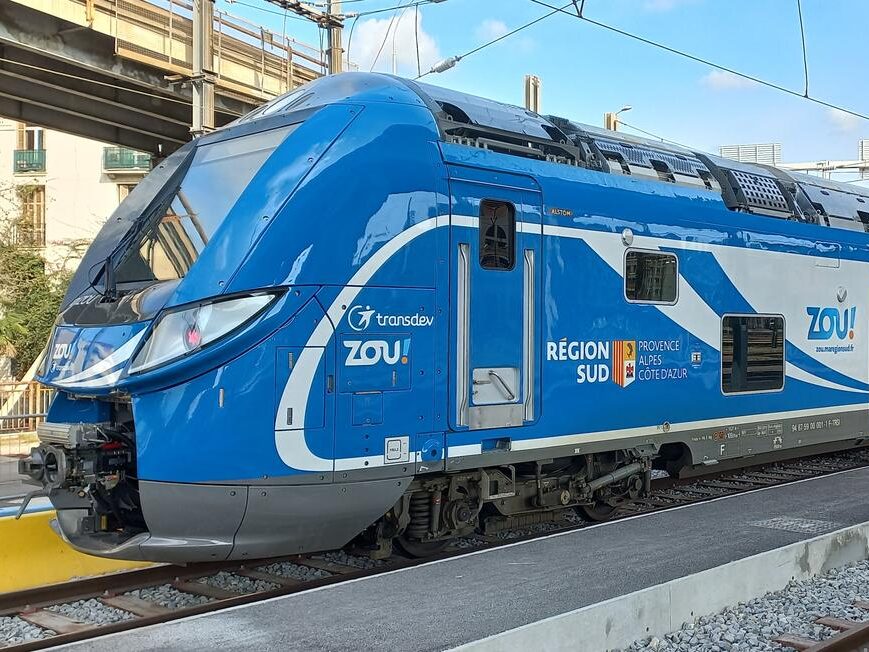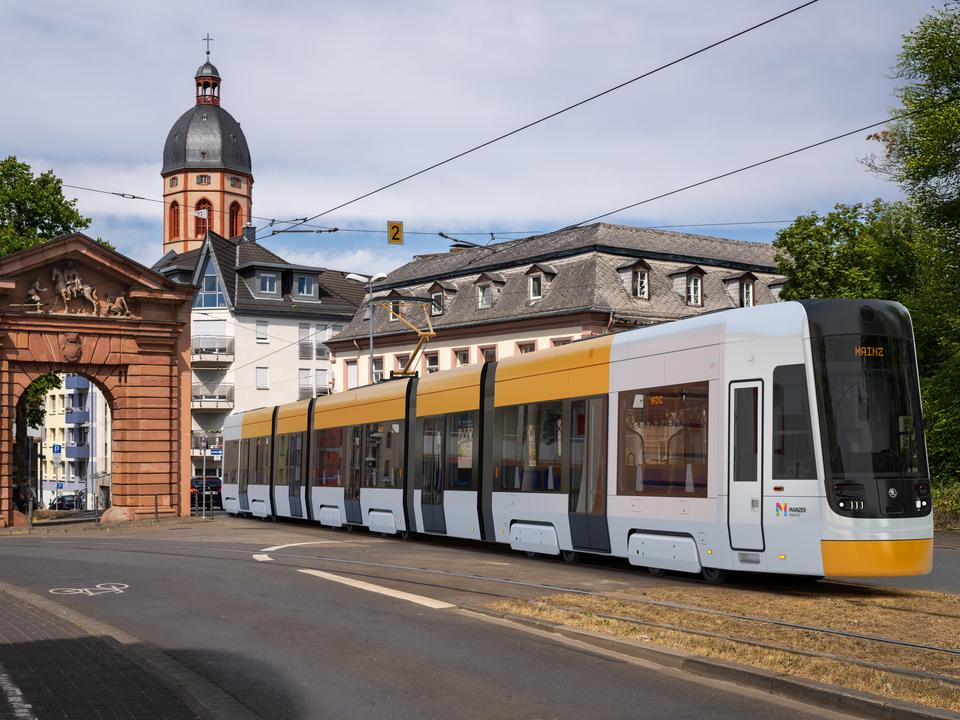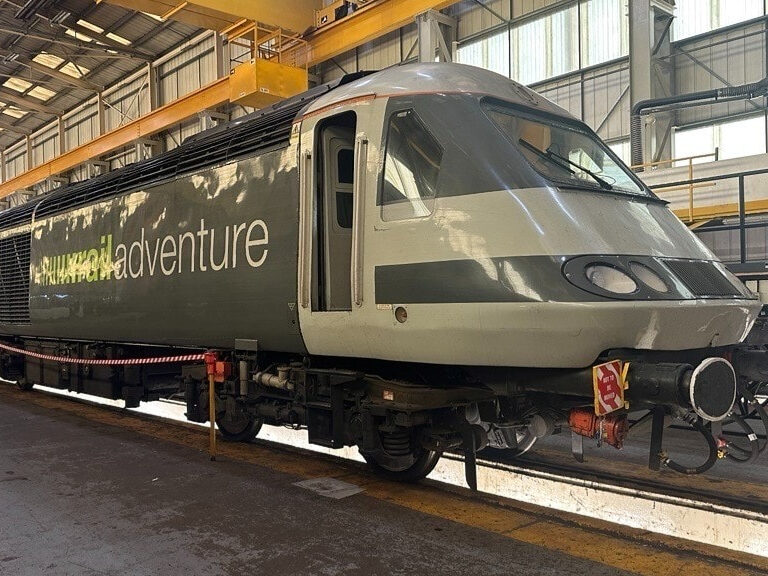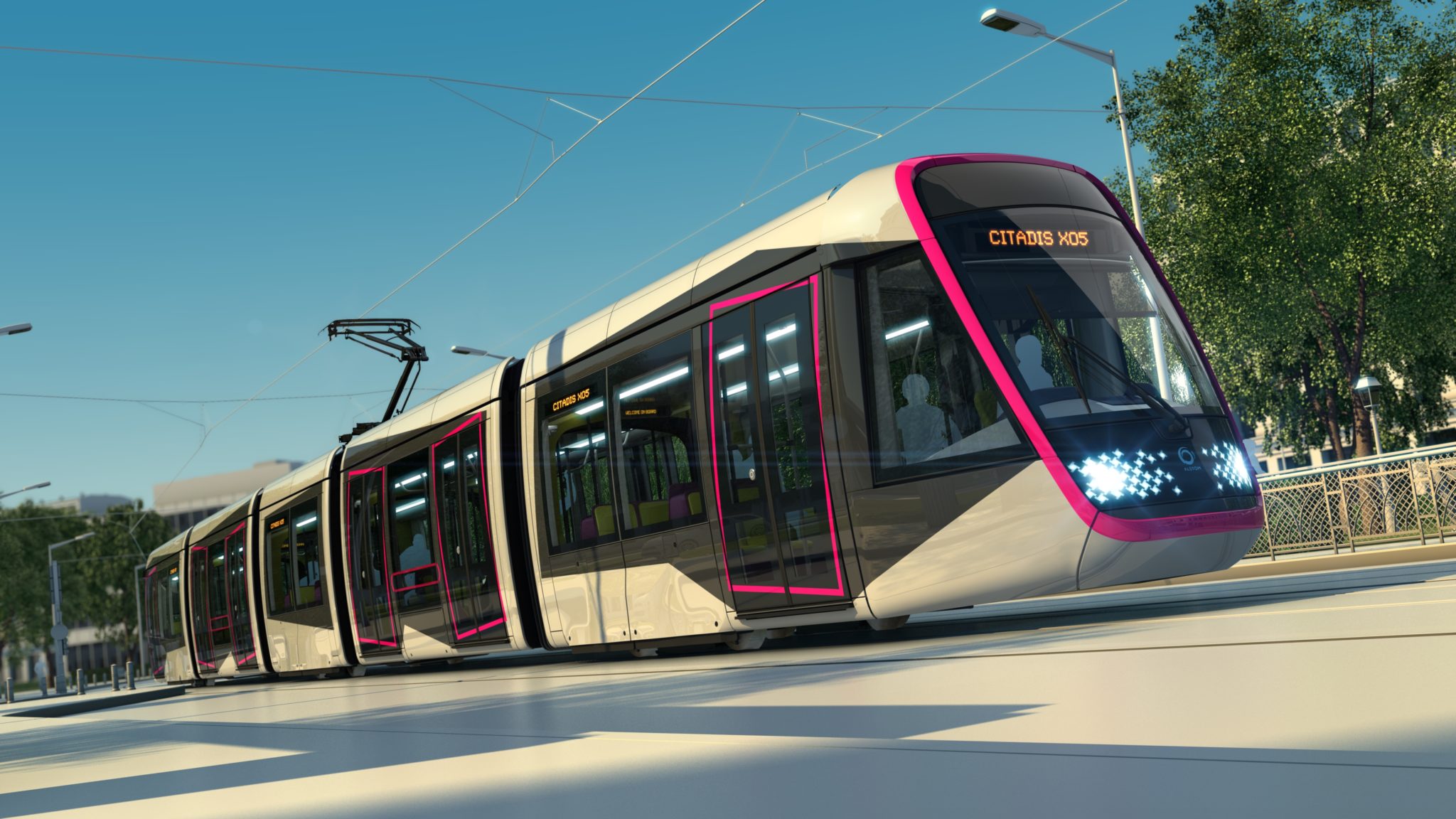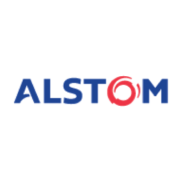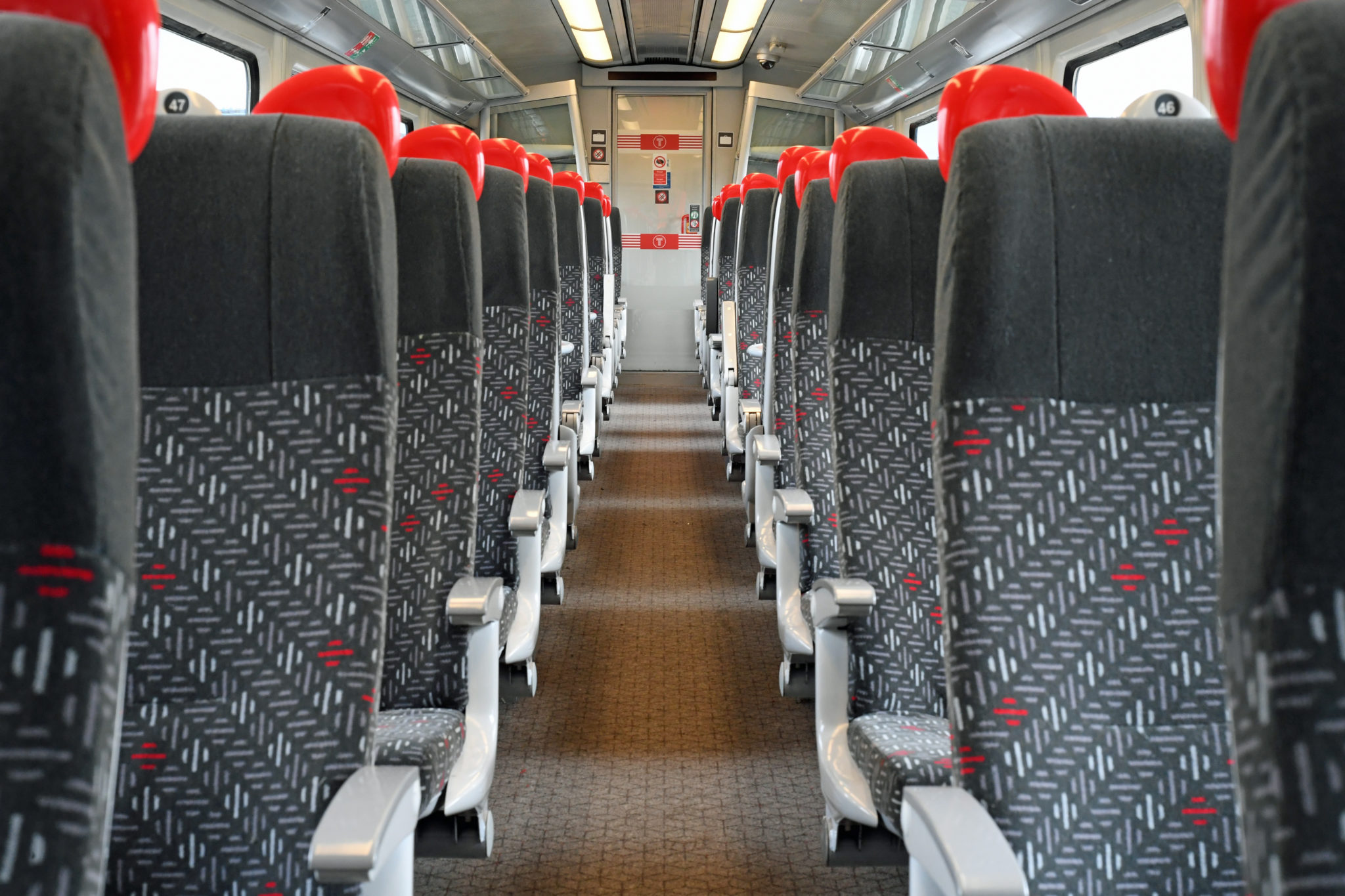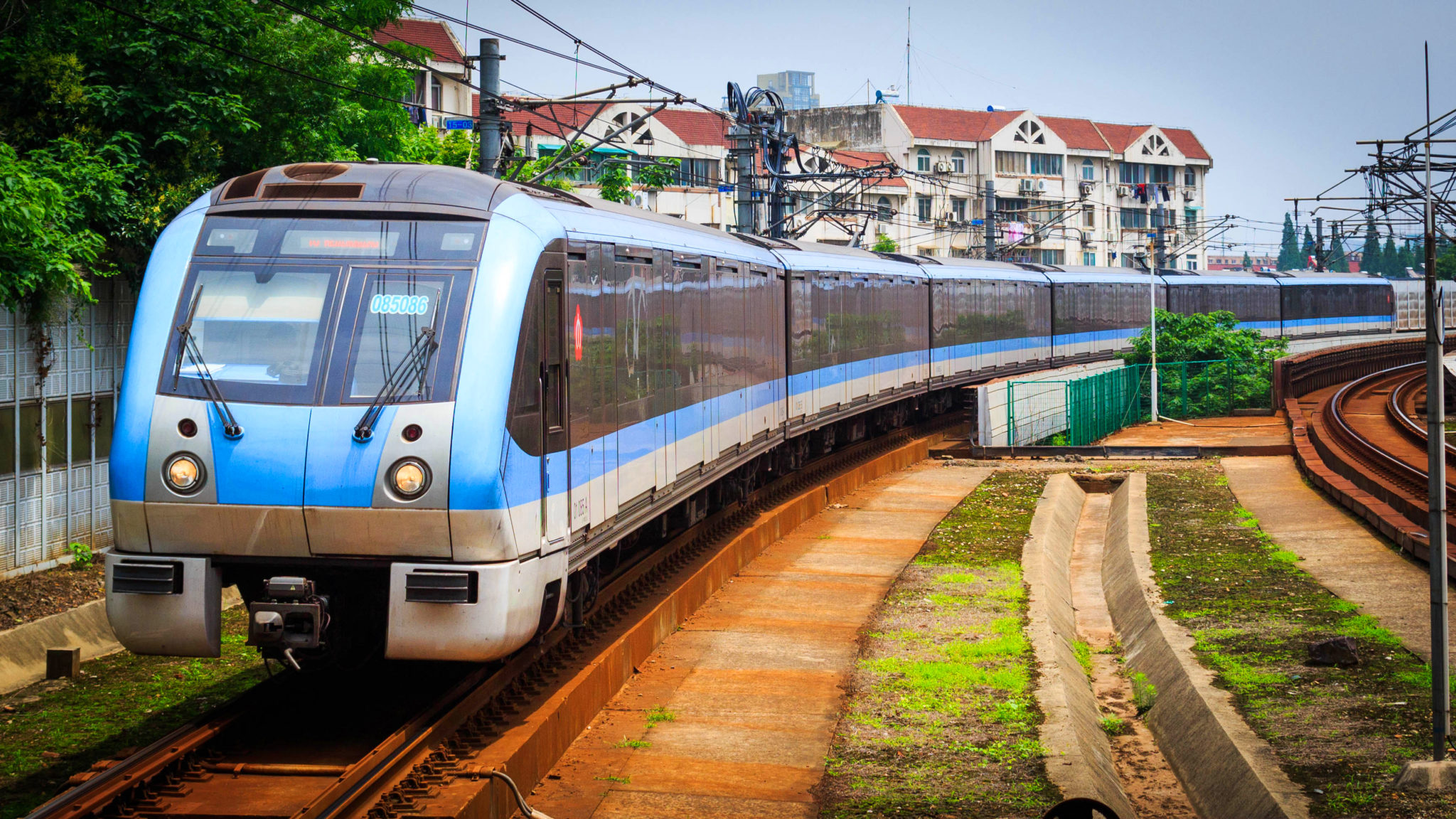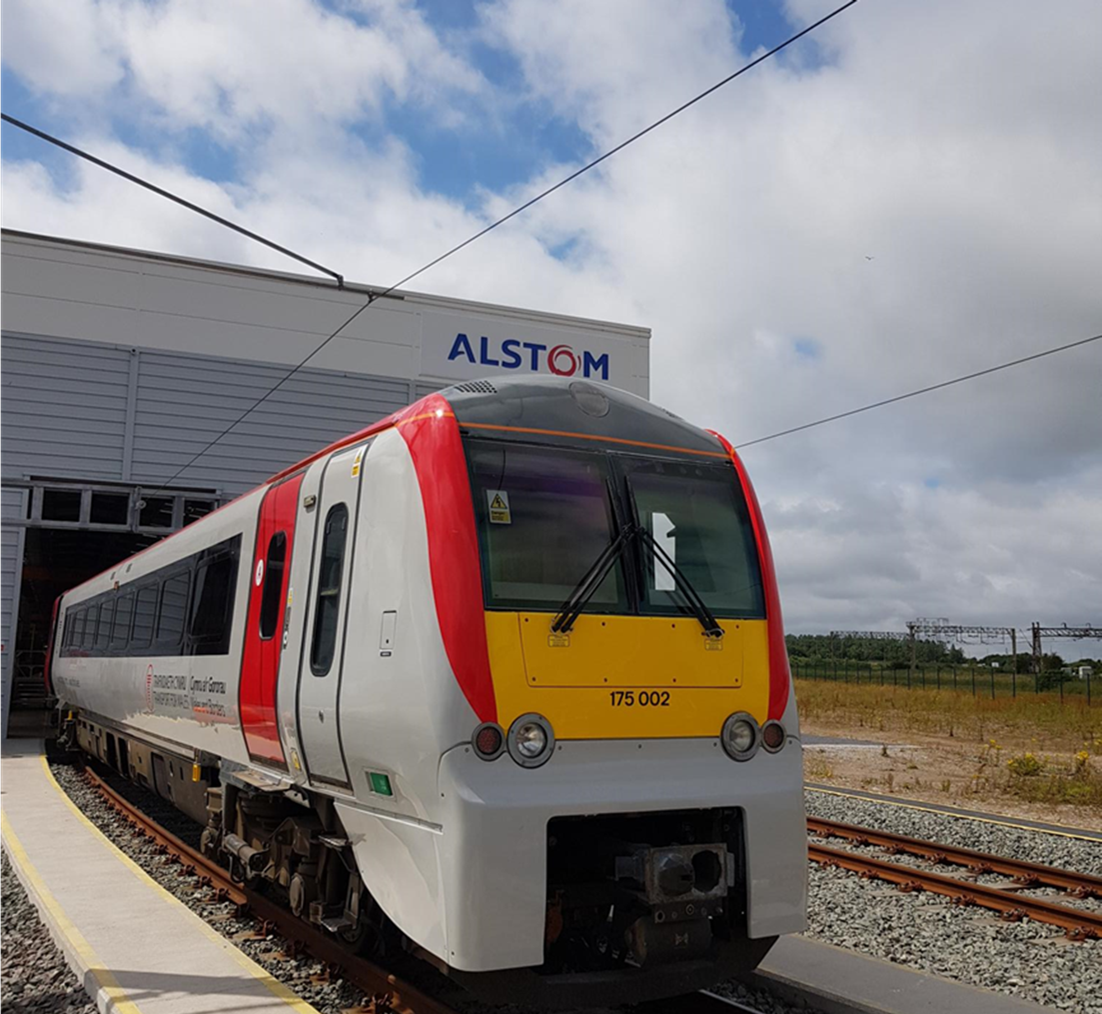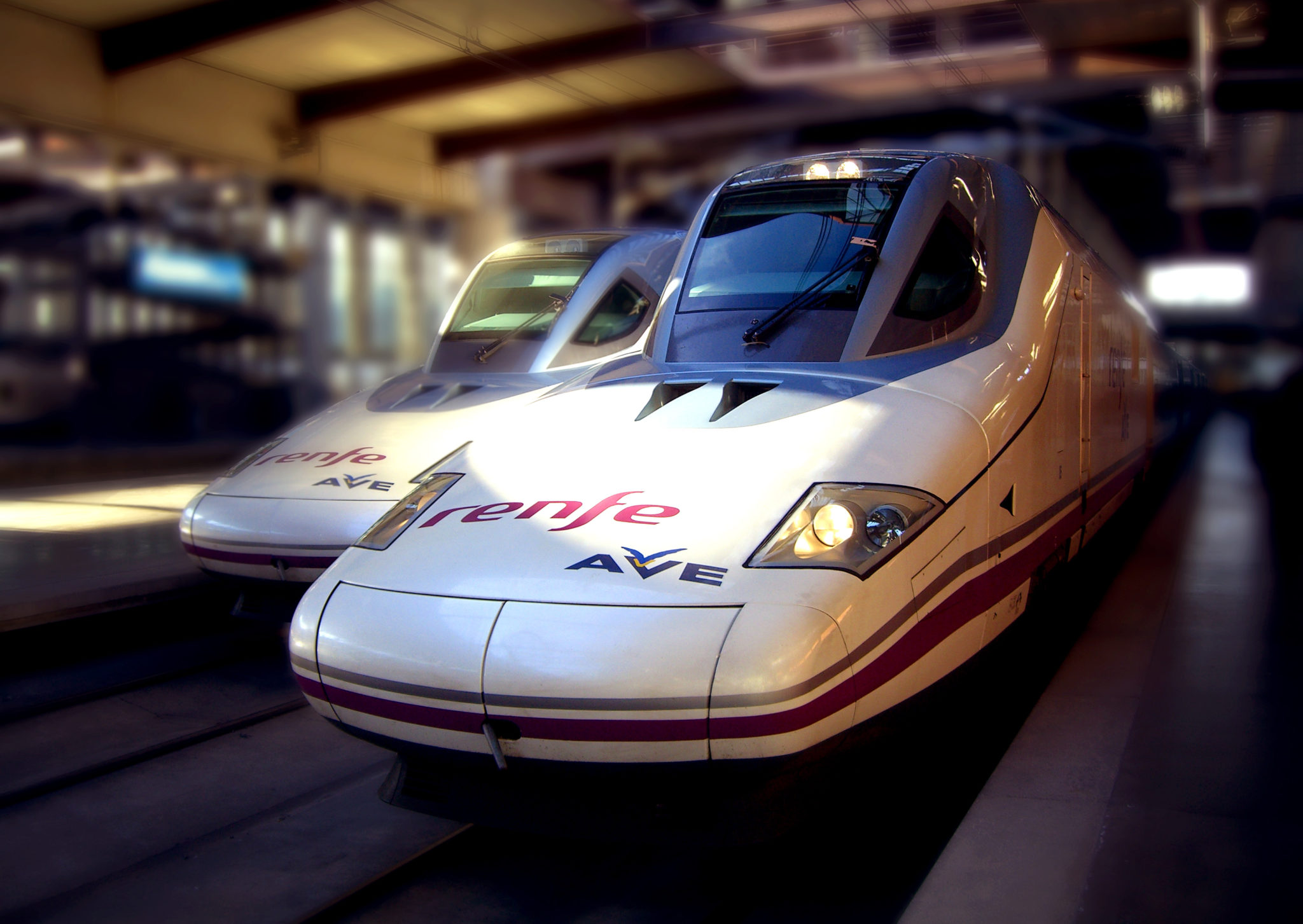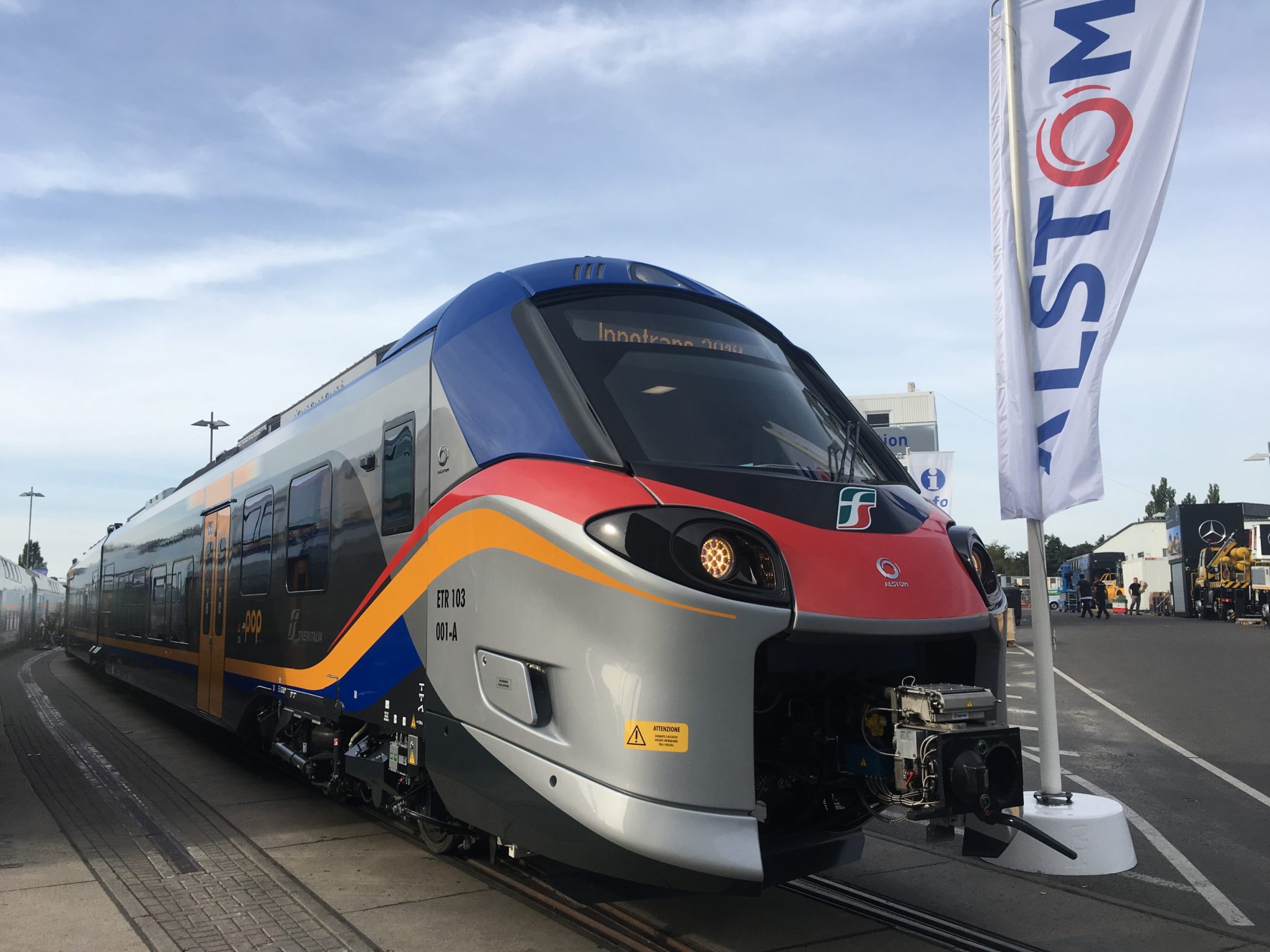The French regions of Occitanie / Pyrénées-Méditerranée have placed an order for an additional 5 Coradia Polyvalent trains from Alstom.
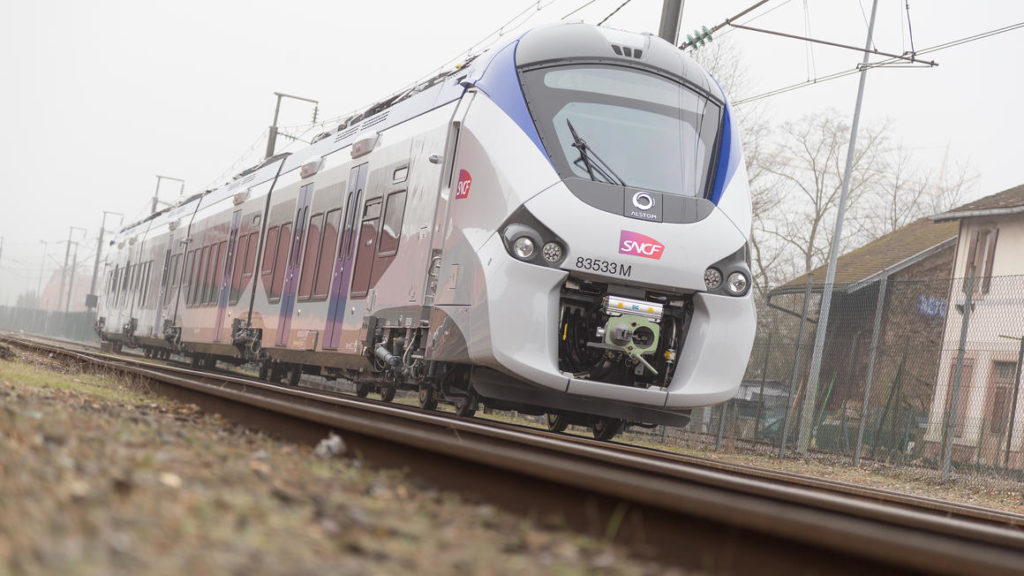
The order is worth approximately 30 million euros (27.46 million GBP / 33.45 million USD). The region previously ordered 46 Coradia Polyvalent trains for Régiolis and a further 13 trains in March 2019. With this new order, the region’s fleet will total 51 trains. Alstom will deliver the new trains between October and December 2020.
Occitanie Region Suburban Régiolis
The Occitanie region’s latest order will comprise of 2 dual-mode and 3 electric suburban Régiolis. The new Coradia Polyvalent trains will have the same features as the trains which are currently operating in the region. The 4-car multiple units have double the amount of access doors compared to the regional and intercity models. Consequently, the new trains will be able to accommodate the heavy passenger flow. The region also requested specialised equipment to feature on the new trains such as automatic passenger counting, spaces for bicycles and frontal display of destinations.
The first Coradia Polyvalent trains ordered by the region entered service in May 2014. The trains run on the line which links Toulouse to Latour-de-Carol and Mazamet.
Carole Delga, President of Occitania region, said:
My commitment to rail rehires a proactive investment in the renewal of rolling stock. With our regional public transport service liO, we are proving that rail is a mode of transport of the future. In addition to our efforts to ensure the sustainability of smaller lines, we are investing heavily to improve users’ travel conditions. And the result is there: the number of passengers is increasing in Occitania. Since 2016, the Region has mobilised nearly 130 million euros to acquire 18 Régiolis trains. This order is also a strong signal to our regional industry, and in particular Alstom’s sites in Toulouse and Tarbes, which fully contribute to the economic dynamics of Occitania.
Coradia Polyvalent Trains
Alstom’s Polyvalent trains are built using their Coradia platform. It comes in three lengths, 56, 72 or 110 metres. The trains have a modular design thus allowing the it to adapt to the requirements of different public transport authorities. There are three versions of the Coradia Polyvalent train: suburban, regional and intercity. It’s design offers optimal comfort to passengers travelling on both short and long-distance services. Coradia Polyvalent has low energy consumption, reduced maintenance costs and complies with the latest emissions standards in thermal mode. Therefore, the train is both ecological and economical. It is also the first French regional train to comply with all European standards, in particular with regard to access for people with reduced mobility.
Jean-Baptiste Eyméoud, Senior Vice President France at Alstom, said:
Alstom is proud of this new mark of confidence from the region of Occitanie. The expertise and innovation capacities of our French teams are poised to support the region’s modernisation plan for the regional TER rail lines, for the benefit of the passengers. This order also contributes to the activity of Alstom’s sites located on the region, particularly in Tarbes and Toulouse.
In October 2009, SNCF awarded Alstom a contract to deliver 338 Coradia Polyvalent trains. Alstom also received an order of 277 Coradia Polyvalent trains for Régiolis from 9 French regions and 61 Coradia Liner from the French State which are responsible for the country’s TET (intercity) trains. Régiolis has already covered more than 50 million kilometres in commercial service.
The Coradia Polyvalent also meets the needs of overseas markets. SNTF (Algeria) placed an order for 17 Coradia Polyvalent trains and another 15 were ordered by APIX (Senegal).
Coradia Polyvalent Manufacture
The manufacture of Coradia Polyvalent secure over 4,000 jobs in France for Alstom and its suppliers. Six of Alstom’s 12 sites are involved in the project. Saint-Ouen is responsible for the design, Reichshoffen for the design and assembly, Ornans for the engines, Le Creusot for the bogies, Tarbes for the traction chains, Villeurbanne for the on-board computerised systems and signalling products.
Also, read:
- Inauguration for Alstom Citadis X05 Tram for Caen la Mer
- Alstom to Supply Train Control and Traction Systems to Nanjing Metro
- First Upgraded Class 175 DMU Back in Service for TfW
- Alstom Training at Ajman University a Success

















